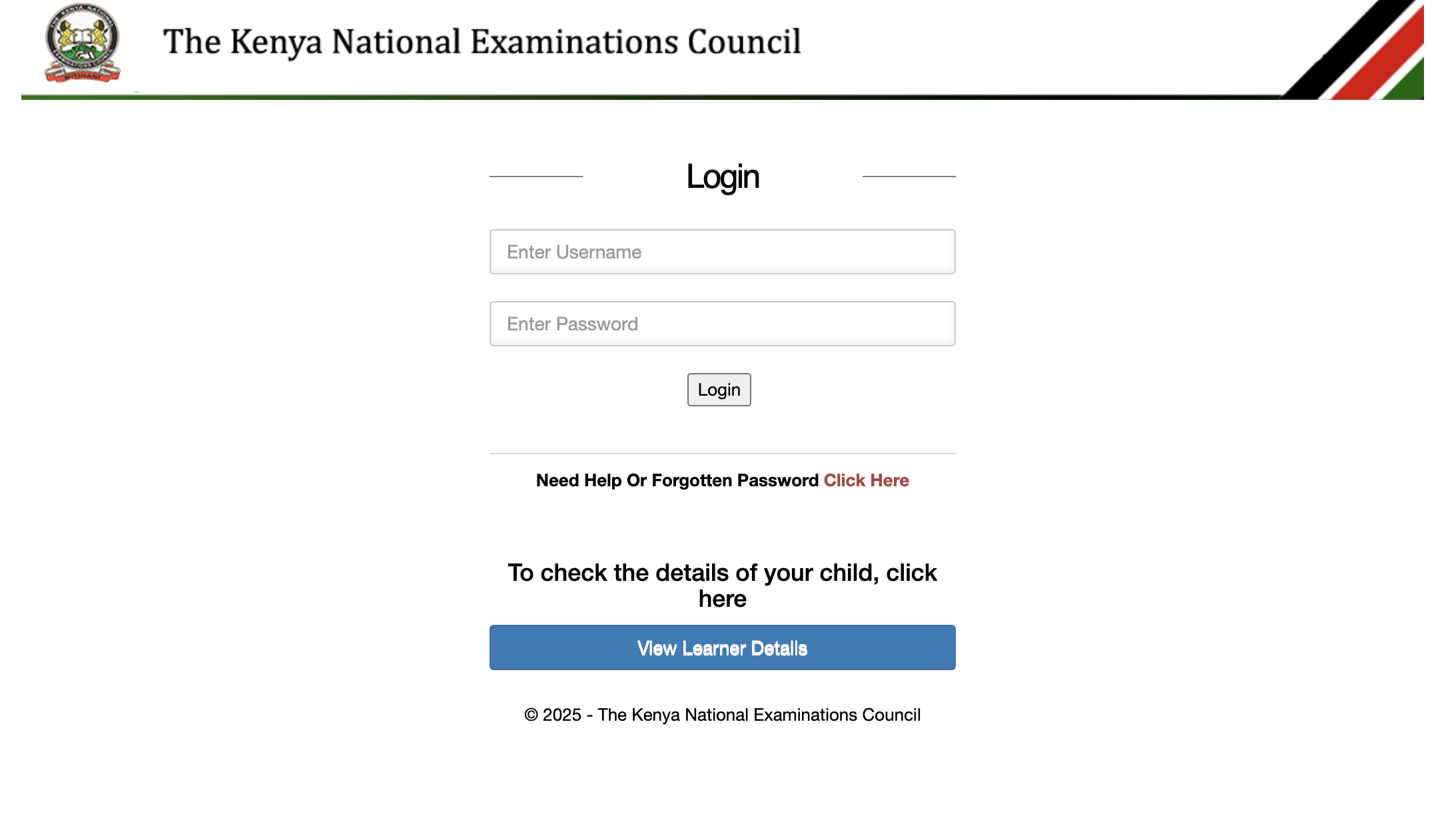HBCC (Home-Based Child Care) is a form of childcare where care is provided in a home setting, as opposed to formal centers or institutional settings. In many countries, including Kenya, HBCC plays a crucial role in providing early childhood care and education, especially in areas where formal childcare centers may not be available or affordable.
Informal Setting: Care is typically provided in the caregiver's home or in the child's home. This setting allows for a more intimate and flexible environment compared to formal daycare centers.
Personalized Care: With fewer children in care, HBCC providers often offer more personalized attention, creating stronger bonds between the caregiver and the children.
Community-Centered: HBCC providers are often community members, making them more familiar with the local culture and needs. This can foster trust and collaboration between families and caregivers.
Flexible Scheduling: HBCC offers more flexibility in terms of hours and services, accommodating parents with irregular work schedules or specific childcare needs.
Affordability: HBCC is often more affordable than formal childcare centers, making it a viable option for many families, particularly in rural or low-income areas.
In Kenya, home-based childcare has become increasingly important due to the lack of formal childcare facilities in certain areas. Organizations like NurtureFirst, which you are working with, aim to strengthen support systems for HBCC providers in counties like Murang’a, Mombasa, and Kisumu. By improving training, resources, and regulatory frameworks, HBCC can become a more sustainable and higher-quality option for early childhood care.
Regulation and Standardization: Many HBCC settings are informal, and there is often no strict regulatory oversight, which can lead to inconsistent quality of care.
Training for Caregivers: HBCC providers may lack formal training in early childhood education, limiting the developmental support they can offer to children.
Limited Resources: Many HBCC setups lack access to educational materials, toys, or infrastructure that formal centers have, impacting the learning and play environment for children.
Initiatives like NurtureFirst focus on addressing these challenges by:
HBCC is an essential part of the childcare landscape, particularly in areas where formal childcare options are limited. By empowering caregivers and enhancing the quality of care, HBCC can significantly contribute to early childhood development in Kenya.





